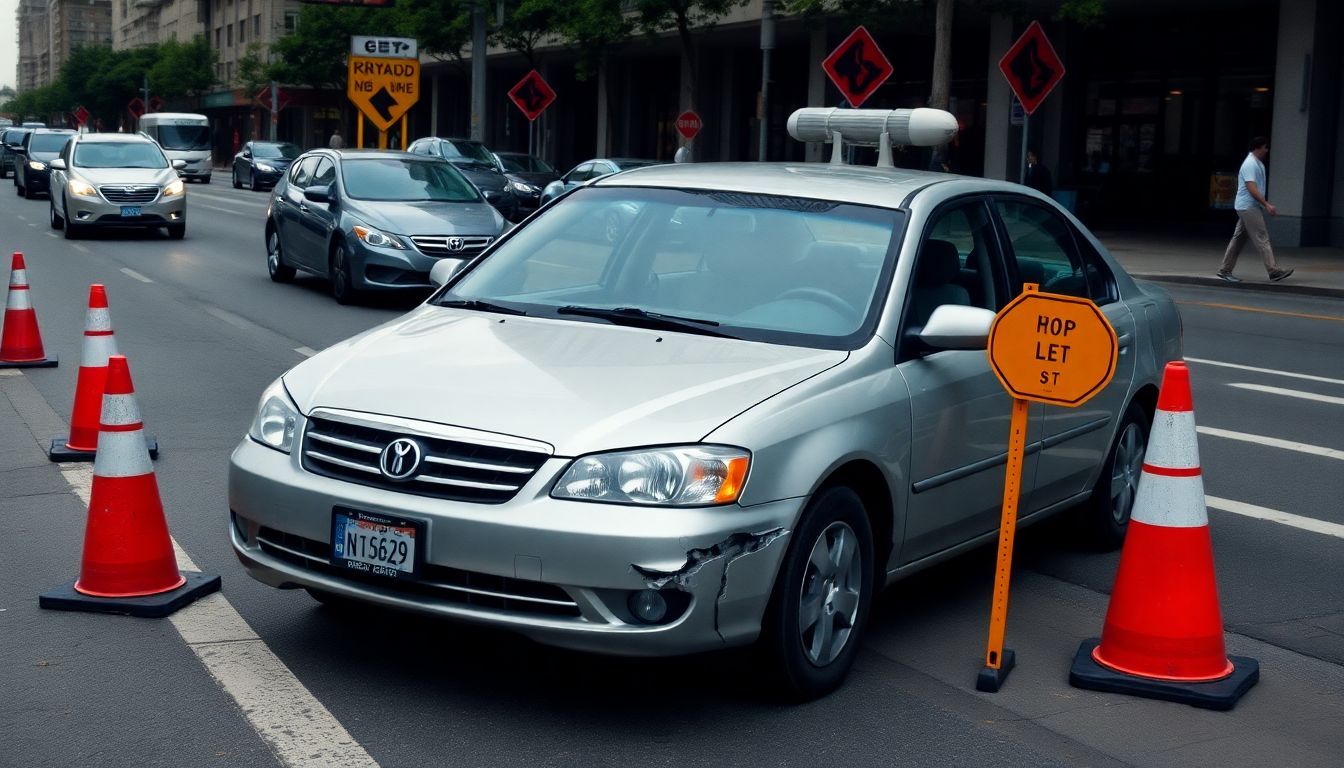Rental car accidents can be confusing and stressful. Many drivers don’t know their rights or responsibilities when they crash a rental vehicle. This article explains rental car insurance and liability in simple terms.
We’ll cover what to do after an accident, insurance options, and when to seek legal help. Read on to protect yourself and your wallet.
Key Takeaways
- Renters are usually liable for damages in rental car accidents, but other parties like vehicle makers or employers may share blame in some cases.
- After a rental car accident, take immediate steps: check for injuries, call police, document the scene, gather information, and contact the rental company and your insurer.
- Insurance options include Collision Damage Waiver, Loss Damage Waiver, Auto Liability Coverage, and Personal Accident Insurance from rental companies or coverage from personal auto policies.
- When at fault, you’re responsible for damages to the rental car and other property, which may be covered by your insurance but could still require out-of-pocket expenses.
- If another driver is at fault, their insurance should cover your damages, but proper documentation and evidence gathering are crucial for the claims process.
Liability in a Rental Car Accident

Liability in rental car accidents can be complex. Renters are usually responsible for damages if they cause a crash. Rental agreements spell out the renter’s duties. The Graves Amendment limits rental companies’ liability in most cases.
Still, these companies must keep their vehicles safe and well-maintained.
Responsibility on the road extends beyond your personal vehicle.
Other parties may share blame in some situations. Vehicle makers could be liable for defects. Employers might be responsible if the renter was on work duty. Government entities could face claims for poor road conditions.
Understanding these factors helps renters grasp their potential risks and obligations when driving a rental car.
Immediate Steps After a Rental Car Accident
Rental car accidents can be stressful, but quick action is crucial. Follow these steps to protect yourself and comply with legal requirements after a rental car collision.
- Check for injuries: Assess yourself and others for any injuries. Call 911 if medical help is needed.
- Move to safety: If possible, drive the car to the side of the road to avoid further accidents.
- Call the police: Contact local law enforcement to report the accident and get an official report.
- Document the scene: Take photos and videos of vehicle damage, the accident location, and any visible injuries.
- Gather information: Exchange contact and insurance details with other drivers involved in the accident.
- Contact the rental company: Call the rental agency’s emergency number to report the incident and get further instructions.
- Notify your insurance provider: Inform your personal auto insurance company about the accident.
- File a claim: Start the insurance claim process with the relevant company, whether it’s your personal insurer or the rental agency’s coverage.
- Preserve evidence: Keep all accident-related documents, including police reports, medical records, and rental agreements.
- Seek legal advice: If the accident is serious or involves complex liability issues, consult a lawyer for guidance.
When You Are at Fault
Understanding your responsibilities as the driver responsible for the accident is essential. As the at-fault party, you are legally liable for the incident. This means you are responsible for damages to the rental car and any other vehicles or property involved.
Your personal insurance may cover these costs, but you’ll likely need to pay a deductible first. The rental company won’t be held responsible for your actions while driving.
Insurance coverage doesn’t change your legal duty to pay for damages. If you purchased rental car insurance, it might help cover repair costs. But without it, you could face significant out-of-pocket expenses.
Your personal auto policy might extend to rental cars, so review your coverage before renting. Being at fault can impact your insurance rates and driving record, even in a rental car.
When Someone Else Is at Fault
In rental car accidents where another driver is at fault, their liability insurance should cover your damages. This includes bodily injury and property damage. The at-fault driver’s insurance company will handle the claims process.
They may ask for accident details, witness statements, and police reports to determine fault. It’s crucial to gather evidence at the scene, including photos and contact information from all parties involved.
Proper documentation is your best defense in any accident scenario.
Third-party liability comes into play when the other driver’s negligence caused the crash. Their insurance should pay for your medical bills, lost wages, and car repairs. If the at-fault driver is uninsured or underinsured, your own insurance may step in.
This is where having comprehensive coverage on your policy can be a lifesaver. The next section will explore insurance coverage options for rental car accidents in more detail.
Insurance Coverage for Rental Car Accidents
Rental car insurance offers several types of coverage for accidents. The Collision Damage Waiver (CDW) protects against collision damage and theft. For broader protection, the Loss Damage Waiver (LDW) covers collisions, theft, vandalism, and natural disasters.
Auto Liability Coverage safeguards you if you cause harm to others or their property. Personal Accident Insurance pays for medical costs for you and your passengers. If your belongings get damaged or stolen from the rental car, Personal Effects Coverage can help.
Your credit card might provide rental car insurance. This option can save you money, but you need to check the benefits and limits. Some cards offer primary coverage, while others only provide secondary insurance.
It’s crucial to understand what your card covers before declining the rental company’s insurance. Always read the fine print and ask questions about any unclear terms or conditions.
Rental Car Company Insurance vs. Personal Insurance
Understanding the differences between rental car company insurance and personal insurance is crucial for drivers. Let’s compare these options in a clear table format:
| Aspect | Rental Car Company Insurance | Personal Insurance |
|---|---|---|
| Coverage Type | Primary or excess liability coverage | May extend to rental vehicles |
| Cost | Daily fee added to rental cost | Part of existing policy premium |
| Deductible | Often lower or zero deductible | Usual policy deductible applies |
| Claim Process | Handled by rental company | Processed through personal insurer |
| Coverage Limits | May have lower limits | Often higher coverage limits |
| Convenience | Easy to add at rental counter | No extra steps needed |
I once rented a car for a business trip and faced this decision. My personal insurance covered rentals, but I opted for the rental company’s insurance for peace of mind. The extra cost was worth avoiding potential hassles with my own insurer. This choice proved wise when a minor fender bender occurred. The rental company handled everything smoothly, and I didn’t have to involve my personal insurance at all.
Additional Insights on Rental Car Accidents
Rental car accidents can bring up complex issues. You need to know about insurance gaps and special rules that apply to rental cars.
What if You Didn’t Purchase Rental Car Insurance?
Driving a rental car without insurance can be risky. Your personal auto policy might cover you, but it’s not guaranteed. Check your policy or call your agent to confirm. Some credit cards offer rental car protection if you use them to pay for the rental.
This coverage often includes collision damage and theft protection.
If you lack insurance and have an accident, you’ll be responsible for all costs. These expenses can include repairs, medical bills, and legal fees. The rental company may also charge you for lost income while the car is being fixed.
It’s crucial to understand your coverage options before renting a vehicle to avoid potential financial hardship.
How to File an Insurance Claim
Filing an insurance claim after a rental car accident can be stressful. Follow these steps to make the process smoother and protect your rights.
- Contact the rental company right away. Tell them about the accident and ask for their claim filing instructions.
- Call your personal insurance provider. Inform them of the incident and ask about your coverage for rental cars.
- Get a police report. This document is crucial for your claim, as it provides an official record of the accident.
- Take photos of the damage. Capture clear images of all affected areas of the rental car and any other vehicles involved.
- Collect witness information. Get names and contact details of anyone who saw the accident happen.
- Keep all related documents. Save your rental agreement, accident report, and any receipts for expenses tied to the incident.
- Write down the details. Note the date, time, location, and exact circumstances of the accident while they’re fresh in your mind.
- Gather medical records if needed. If you were hurt, keep all documents related to your injuries and treatment.
- Submit your claim promptly. File with both the rental company and your personal insurer as soon as possible.
- Follow up regularly. Stay in touch with the insurance companies to track your claim’s progress and provide any extra info they need.
Tips for Dealing with Rental Car Companies
Dealing with rental car companies requires careful attention to detail. Here are some essential tips to help you navigate the process smoothly:
- Read the rental agreement carefully. Check for hidden fees, mileage limits, and fuel policies before signing.
- Inspect the car thoroughly. Document any existing damage with photos or videos before driving off the lot.
- Understand your insurance coverage. Know what your personal auto insurance covers and consider additional protection if needed.
- Keep all paperwork. Store rental agreements, receipts, and any communication with the company in a safe place.
- Report accidents promptly. Contact both the rental company and your insurance provider immediately after any incident.
- Follow return procedures precisely. Adhere to the company’s policies on fuel levels and return times to avoid extra charges.
- Ask questions about unclear terms. Seek clarification on any confusing aspects of the rental agreement before finalizing the transaction.
- Compare prices and policies. Research different rental companies to find the best deal and most suitable terms for your needs.
- Be aware of age restrictions. Some companies charge extra fees for drivers under 25 or over 70 years old.
- Check for loyalty programs. Join reward programs to earn points and potentially receive upgrades or discounts on future rentals.
Legal Recourse and When to Contact a Lawyer
Legal action may be needed in complex rental car accidents. Seek a lawyer if you face high medical bills or severe injuries. An attorney can help you deal with insurance companies and protect your rights.
Don’t wait to get legal help – act fast to ensure the best outcome for your case.
Conclusion
Rental car accidents bring unique challenges. Understanding your insurance options and liability is crucial. Knowing the right steps after an accident can save you time and money. Always review your coverage before renting a car.
Stay informed and prepared to handle any rental car mishaps with confidence.
For more information on how vehicle accident claims can vary, especially for two-wheeled vehicles, read our detailed guide on motorcycle accident claims.
FAQs
1. What insurance coverage do I need when renting a car?
Most rental companies offer several insurance options. These include collision damage waiver, liability protection, personal accident insurance, and personal effects coverage. Your personal auto insurance may also extend to rental cars. Check your policy or call your agent to confirm your coverage before renting.
2. Who is responsible if I get into an accident with a rental car?
Responsibility depends on the accident’s cause and your insurance coverage. If you’re at fault, you may be liable for damages to the rental car and other vehicles involved. Your chosen insurance coverage will determine how much you’ll pay out of pocket. The rental company might also charge fees for loss of use and diminished value.
3. Can I be sued for damages in a rental car accident?
Yes, you can face legal action if you cause an accident while driving a rental car. Liability protection from the rental company or your personal auto insurance can help cover legal costs and settlements. Without adequate coverage, you may be personally responsible for all damages and injuries resulting from the accident.
4. How do I report an accident in a rental vehicle?
First, ensure everyone’s safety and call emergency services if needed. Then, contact the rental company immediately using their provided emergency number. Document the accident scene with photos and gather information from other involved parties. File a police report, even for minor incidents. Follow the rental company’s instructions for returning the vehicle and completing necessary paperwork.
References
- https://www.superlawyers.com/resources/motor-vehicle-accidents/car-accident-liability-and-damages/who-is-liable-in-a-rental-car-accident/ (2024-05-16)
- https://www.hastingsandhastings.com/what-happens-after-a-rental-car-accident/ (2023-04-27)
- https://www.carltonbennettlaw.com/rental-car-accident-liability-whos-responsible/ (2023-11-29)
- https://www.friedmansimon.com/faqs/who-pays-for-the-rental-car-after-an-accident/
- https://www.dolmanlaw.com/blog/rental-car-accident/
- https://www.allianztravelinsurance.com/travel/rental-cars/rental-car-insurance-explained.htm
- https://disb.dc.gov/page/things-know-about-car-insurance-and-rental-cars-starting-your-road-trip
- https://www.mwl-law.com/resources/rental-car-companys-liability-insurance-primary-or-excess-in-all-50-states/
- https://legal-info.lawyers.com/personal-injury/auto-accidents/what-if-i-crash-a-rental-car-and-i-didnt-buy-the-insurance.html
- https://www.torklaw.com/guides/rental-car-accident-guide/
- https://www.dudleydebosier.com/blog/dealing-with-a-rental-car-accident-causes-fault-legal-options/ (2023-10-27)

